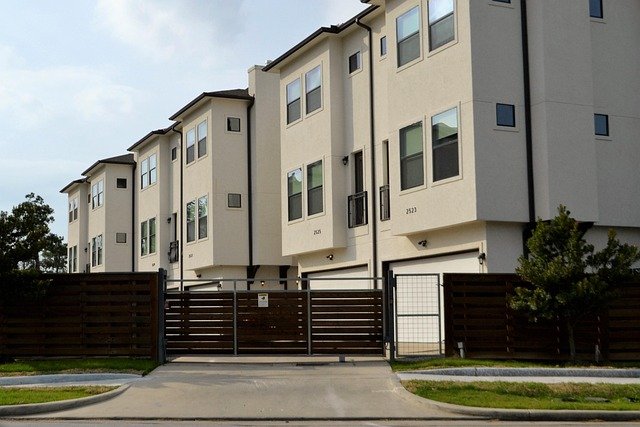Shifting Gears: How Real Estate is Adapting to the Autonomous Vehicle Revolution
Autonomous vehicles (AVs) are more than just a buzzword—they represent the future of transportation. But what happens when this future collides with real estate, an industry traditionally resistant to change? This article delves into the intersection of these two sectors, exploring how the autonomous vehicle revolution is reshaping the real estate landscape and what it means for buyers, sellers, and investors.

A New Era in Transportation and Real Estate
The concept of autonomous vehicles has existed for decades, but it wasn’t until the 2010s that technology finally caught up with imagination. Today, companies like Tesla and Waymo are edging closer to making full autonomy a reality, sparking a transportation revolution that will have profound implications on our society and our infrastructure—including real estate.
Market Trends and Financial Insights
The impact of autonomous vehicles on real estate isn’t theoretical—it’s already happening. Suburban home prices, for instance, are expected to rise as AVs make commuting more tolerable. Commercial properties, on the other hand, could face a decline in value, as AVs could reduce the need for parking spaces and proximity to public transportation.
Furthermore, the advent of AVs could spur new development trends. For instance, homes and offices could be designed with drop-off zones for AVs, and in the not-so-distant future, we may even see purpose-built communities centered around the use of autonomous vehicles.
Strategy and Impact
For buyers, sellers, and investors, understanding the AV revolution is key. Buyers, particularly those considering suburban homes, may find their properties appreciating in value as AVs become mainstream. Sellers, on the other hand, could face challenges if their properties depend on factors that AVs could render irrelevant, such as proximity to public transport.
For investors, the AV revolution presents both opportunities and risks. Investment in suburban properties could pay off, but commercial properties such as parking garages could see their value decline. As with any disruptive technology, those who adapt quickest will reap the biggest rewards.
A Deeper Dive: Research and Analysis
Research on the impact of AVs on real estate is still in its early stages, but the existing body of work suggests that the effect will be profound. A study by the National Association of Realtors predicts that AVs could cause a shift in the types of properties that are in demand, with a potential decrease in the value of properties near public transportation and an increase in the value of suburban homes.
The Future is Now
The autonomous vehicle revolution is here, and it’s reshaping our society in ways we’re only beginning to understand. The real estate industry, traditionally slow to change, must adapt to this new reality or risk being left behind. For buyers, sellers, and investors, understanding the impact of AVs is not just a curiosity—it’s a necessity. As we move into this uncharted territory, the only thing that’s certain is that the intersection of real estate and autonomous vehicles will be an area of rapid growth and exciting opportunities.




